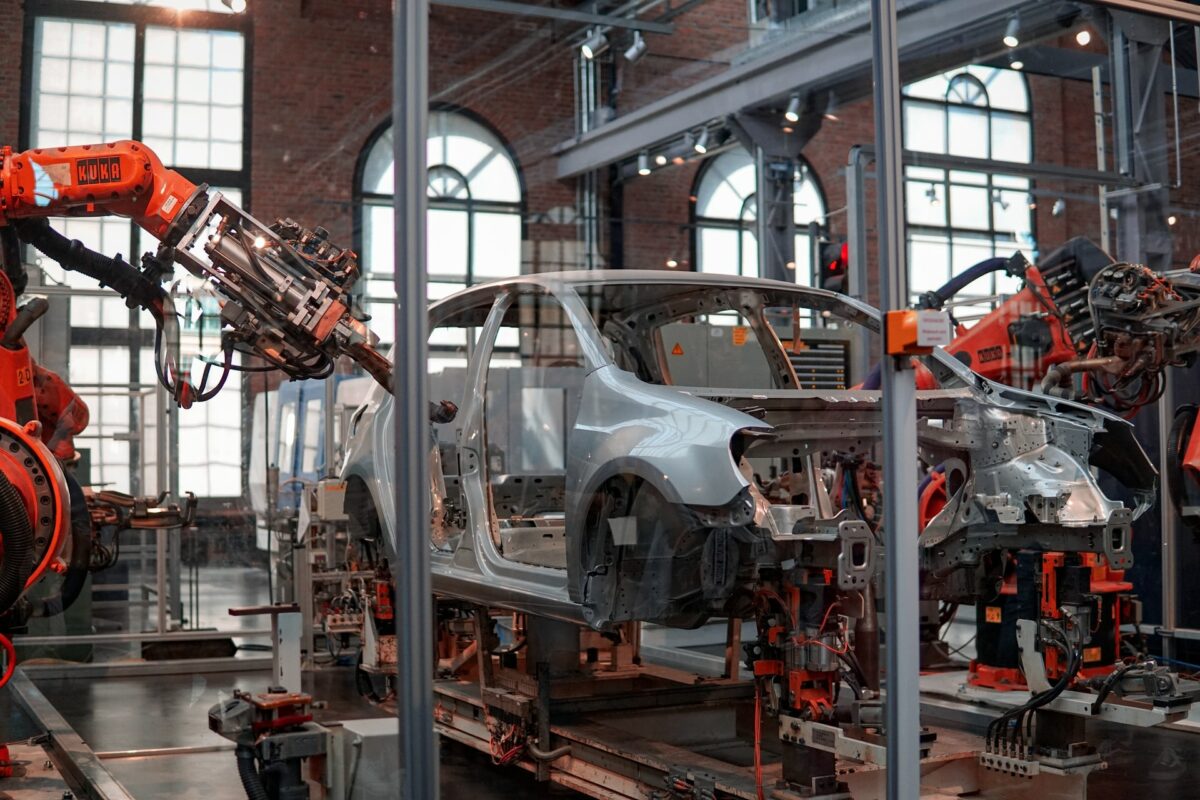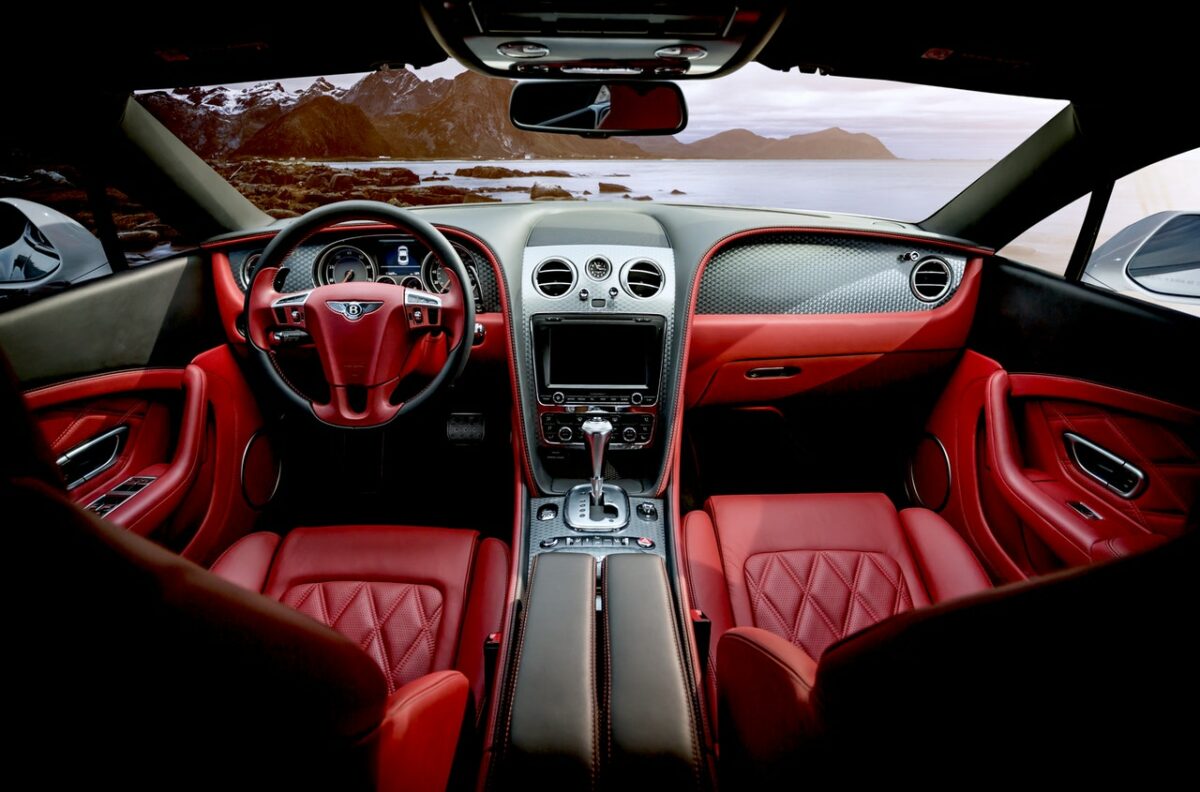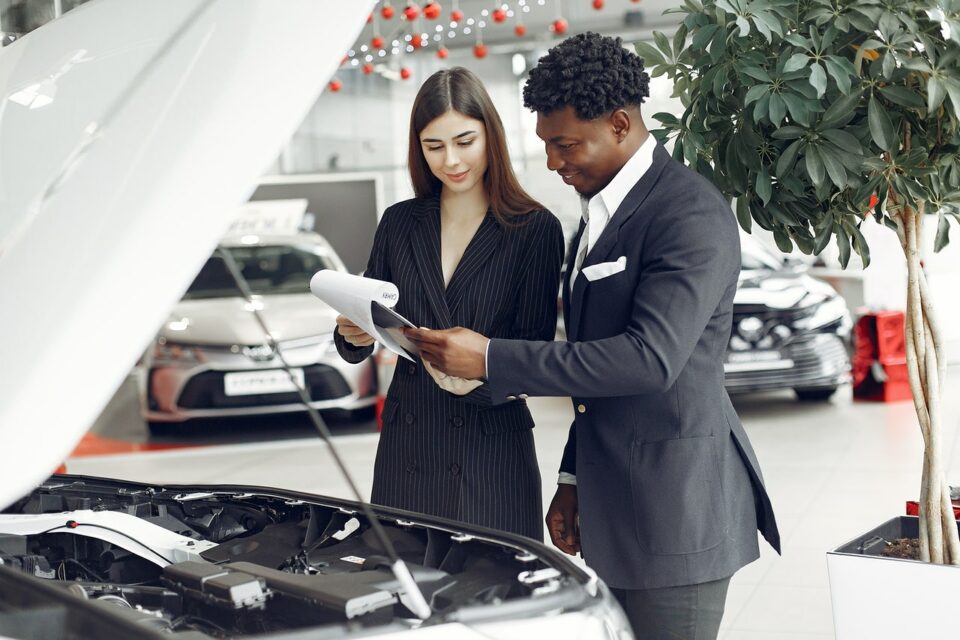When buying a car, it is easy to just look at the ticket price and forget about the other costs that come with it. This is because buying a new car is exciting. However, while you don’t want to dampen your excitement, you must also consider the whole picture, including the risks, the investment, the value, and the associated costs that you may be subject to. Without realizing it, these can add up quite quickly. As long as you know beforehand, you can fully prepare yourself, set the right budget, and not face any disappointment later down the line.
Here are some of the costs you should consider when purchasing your car.
1, Insurance
To be able to drive your car on the road, you must have insurance. Insurance costs can vary significantly and consider a range of different factors. If you have a small, economical, second-hand car that does not hold much value, then your insurance quote may be much cheaper than an exotic car that is high in value.
Insurance companies will also consider your age, your location, where you store the vehicle, and your driving experience and history. Make sure you provide as much detail as possible when looking at insurance quotes, including the car you are considering purchasing.
You should check insurance rates before you purchase the car. Depending on the country you will be driving the vehicle, you will need to check local laws for MOT and tax prices and conditions.
2, Maintenance

Trying to account for the maintenance of your vehicle can be tricky, as you never know what may go wrong. It is important to conduct research on your vehicle and the average cost of maintaining it each year, for example, the cost to service exotic vehicles may be significantly different than an old car.
Some cars are more reliable than others, some parts may cost more than others, and if you use your car for regular long journeys, then you may be risking higher maintenance costs.
3, Fuel
Fuel costs will vary depending on where you are going to be driving in the world, which part of the country you are in, and which petrol stations you choose to use. The cost will also vary depending on the efficiency of your vehicle, and what type of fuel it uses. You can look at this in more detail, by researching the size of the engine, the rank, and how many miles per gallon (mpg) it can do. Other factors that impact the cost of fuel are:
- Your driving techniques (e.g. if you drive in high gears, use acceleration and braking gently, keep the air conditioning off, etc. you can lower costs)
- The distance that you drive
- The cost of fuel in the general market
- The heavier the car is
- Your tire pressure
Many different costs are associated with buying a new car, beyond just the ticket price you see in the dealership. Make sure you set a realistic budget, to ensure you can purchase the car of your dreams.
4, Unexpected Car Costs

When it comes to keeping your car on the road, it’s only natural to expect that you’ll have to invest in its upkeep from time to time. However, you should also be setting money aside for emergency scenarios so that you are not left scrambling should they occur.
For example, while your insurance is designed to support you if you were involved in a car accident, some policies are not as comprehensive as you’d like them to be – meaning you may be expected to cover some costs out of pocket. Without having the appropriate savings designated for this, you may struggle to pay for things such as medical care and bills or automotive repairs. Additionally, you may need to take time off work to recover from your injuries, which could set you even further back financially.
As such, when buying a car, you should also be prepared for the ‘unexpected’ in whatever ways you can. For example, you might want to note down the contact details of a qualified injury attorney, such as Dennis Hernandez, and figure out what kind of feeds these lawyers charge. This way, you can reach out right away following an incident, and your lawyer will seek to ensure you receive financial compensation.
